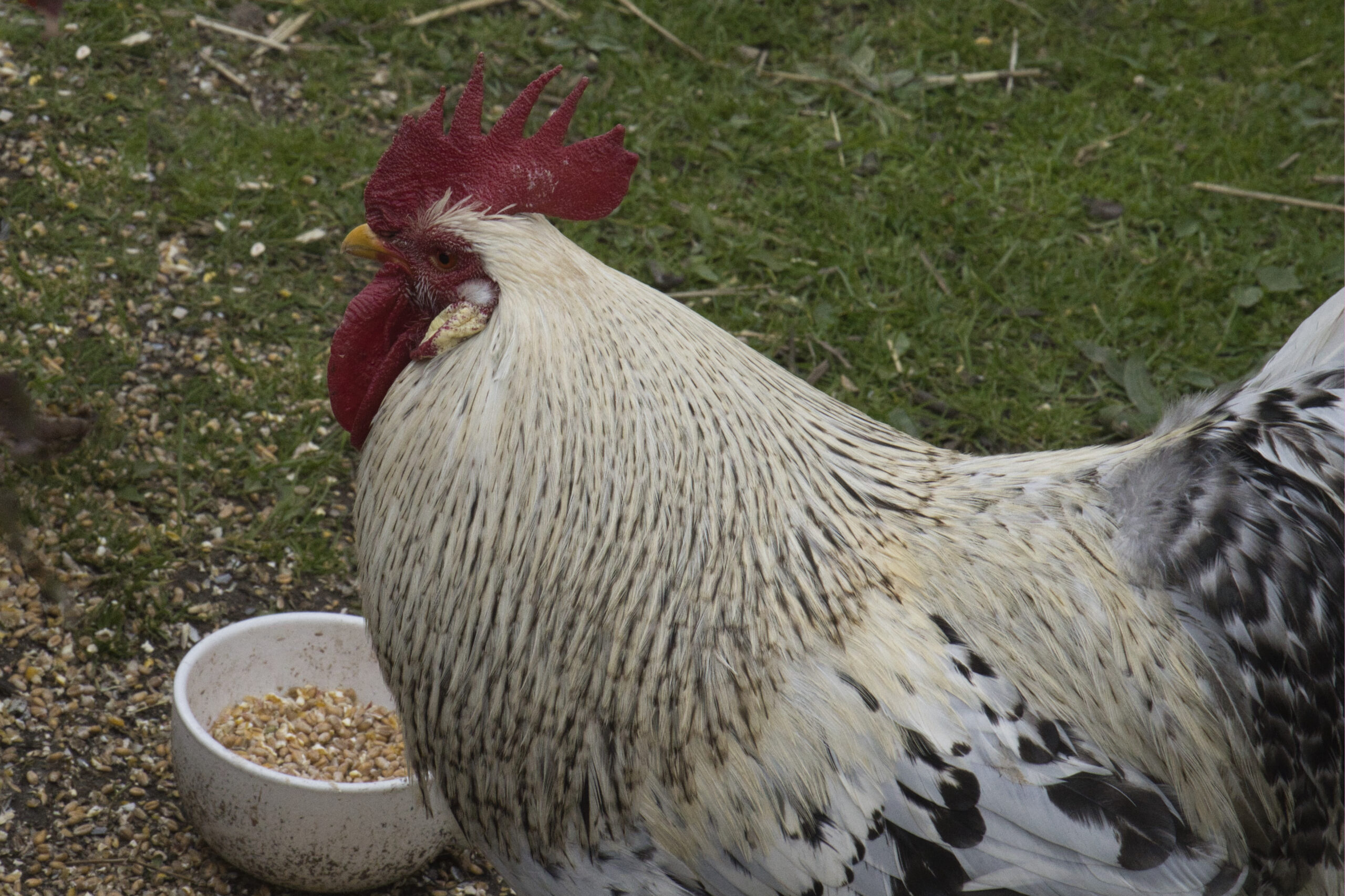How is giant papillary Conjunctivitis treated?
Title: Effective Treatment Options for Giant Papillary Conjunctivitis
Introduction:Giant Papillary Conjunctivitis (GPC) is a type of allergic conjunctivitis that affects the inner lining of the eyelids and the conjunctiva, the thin membrane covering the whites of the eyes. This condition typically occurs in people who wear contact lenses, but it can also affect those with prosthetic eyes or ocular prostheses. Although GPC can be uncomfortable and bothersome, several treatment options can help alleviate the symptoms and provide relief. In this article, we will discuss the various approaches to managing GPC effectively.
1. Identifying and Avoiding Triggers:The first step in managing GPC is identifying and avoiding potential triggers that may exacerbate the condition. These triggers can include certain allergens, such as dust, pollen, pet dander, or specific chemicals found in contact lens solutions or eye makeup. By eliminating or minimizing exposure to these triggers, individuals with GPC can significantly reduce symptoms.
2. Contact Lens Management:For those who wear contact lenses, proper lens hygiene and care are crucial in managing GPC. Regular lens cleaning, disinfection, and wearing schedule adherence are essential. Switching to daily disposable lenses or using rigid gas-permeable (RGP) lenses, which have a lower likelihood of accumulating debris, may be recommended. In some cases, temporary cessation of contact lens wear may be necessary to allow the eyes to heal.
3. Medications:a. Eye Drops: Over-the-counter or prescription antihistamine eye drops can help alleviate itching and redness associated with GPC. Lubricating eye drops can also provide relief by reducing dryness and irritation.b. Mast Cell Stabilizers: These prescription eye drops block the release of histamine, a substance that triggers allergic reactions. By minimizing the allergic response, mast cell stabilizers can help control symptoms and manage GPC.c. Topical Steroids: In severe cases, a short course of topical corticosteroids may be prescribed to reduce inflammation and manage symptoms. However, long-term use of these medications can lead to side effects, so they are typically used for a limited duration under close medical supervision.
4. Cold Compresses:Applying cold compresses or artificial tears can provide temporary relief from itching and inflammation. Placing a clean, damp washcloth in the refrigerator for a few minutes and then gently applying it to closed eyelids can help soothe the eyes.
5. Professional Eye Care:Regular visits to an eye care professional are essential for the effective management of GPC. An eye care specialist can provide a proper diagnosis, assess the severity of the condition, and recommend appropriate treatment options based on individual needs.
Conclusion:Giant Papillary Conjunctivitis can be an irritating condition, but with the right treatment approach, individuals can find relief from its symptoms. By identifying and avoiding triggers, managing contact lenses properly, using medications under medical supervision, and practicing good eye care, individuals with GPC can lead comfortable lives. Remember, early detection and intervention play a vital role in achieving successful outcomes. If you suspect you have GPC or experience persistent eye discomfort, consult an eye care professional for an accurate diagnosis and tailored treatment plan.



